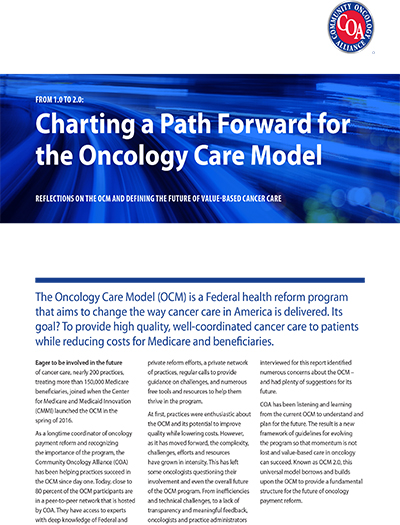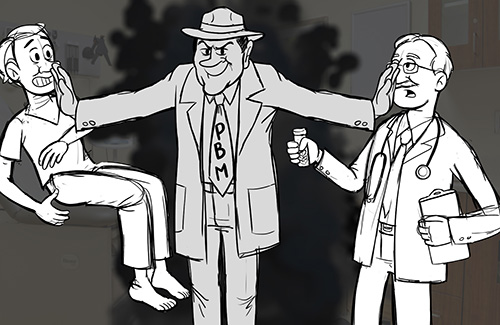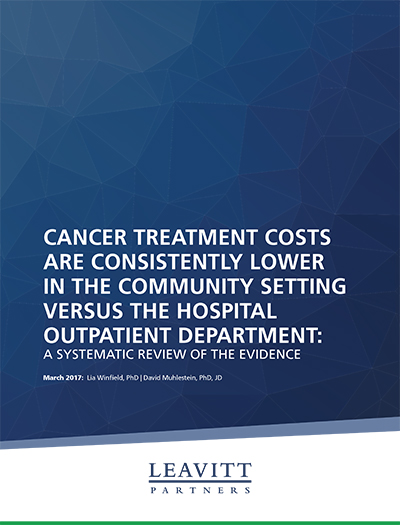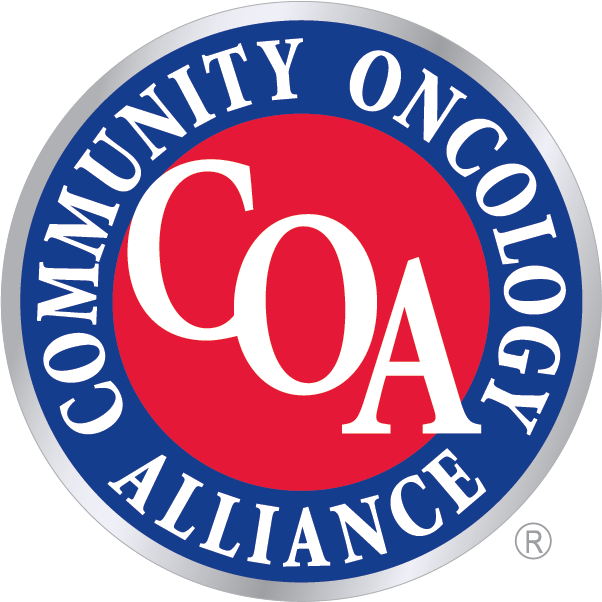Charting a Path Forward for the Oncology Care Model
The Oncology Care Model (OCM) is a Federal health reform program that aims to change the way cancer care in America is delivered. Its goal? To provide high quality, well-coordinated cancer care to patients while reducing costs for Medicare and beneficiaries. Eager to be involved in the future of cancer care, nearly








